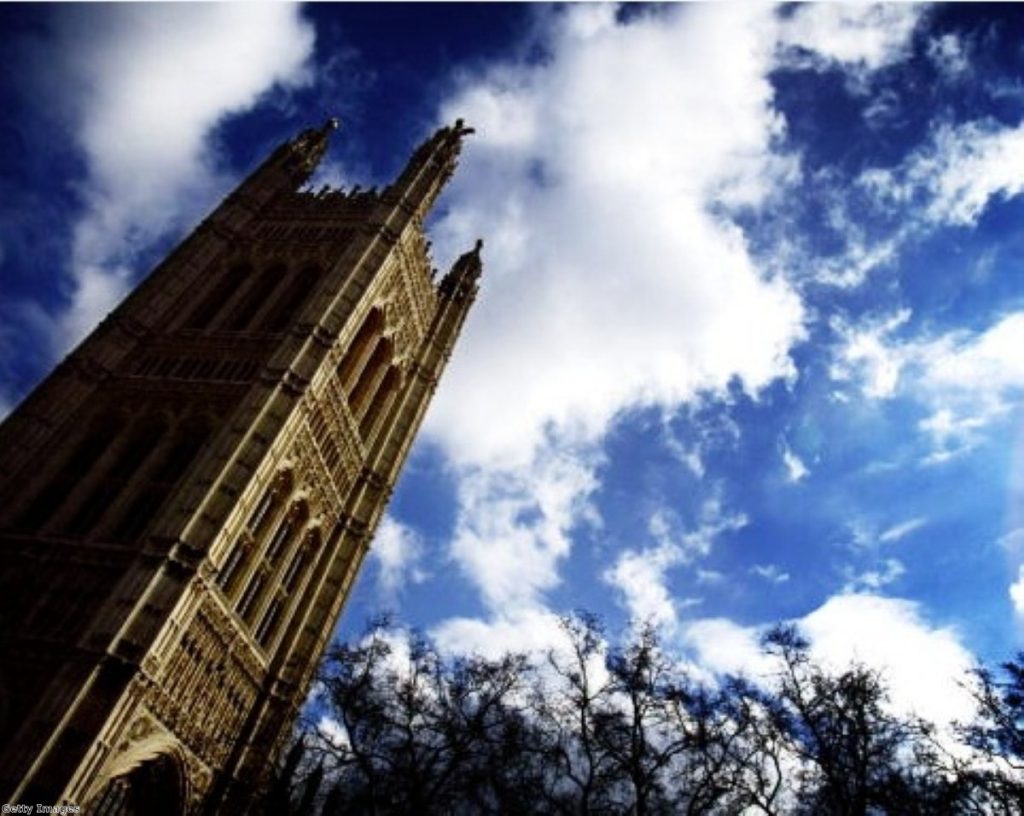The lonely Lords protest against the khat ban
Now that Labour has decided to support the ban on khat, it is certain to ahead. But one baroness is trying to add a little note of protest to the law.
The khat ban is being introduced through the Misuse of Drugs Act 1971 (Amendment) No. 2 Order, which is an affirmative instrument. Affirmative instruments can be approved or rejected by the Lords, but it can't amend their content.
Approval usually takes the shape of a formal motion, which typically doesn't include any debate. But Baroness Smith of Basildon has tabled a 'motion to regret' (which, incidently, would make a great name for an acoustic album). This might be debated, allowing fellow peers to state their support.
The motion reads:


"Baroness Smith of Basildon to move that this House regrets that Her Majesty's Government's plans for the introduction of the draft Misuse of Drugs Act 1971 (Amendment) (No. 2) Order 2014 do not include provisions for a 12-month review of the impact of the reclassification of khat in view of the highly unusual community focus of its use, for putting a detailed policing strategy in place before a ban takes effect, or for a health strategy to prevent a transfer of addiction to other substances; and do not commit the Department for International Development to do more work with the government of Kenya to alleviate the effect of the reclassification on the Kenyan economy."
Her protest is really not much more than Labour's position. Labour also wanted a 12-month review and expressed concerns about the effects on recruitment to extremist groups and the potential ramificiations of banning a substances used by three very specific communities (Somali, Yemeni and Kenyan). Unfortunately, it didn't stop the party supporting the ban.
The Baroness' motion doesn't stop the ban, it just attaches a statement of regret to it.
The fact the government is not even prepared to allow these concessions reflects a startling level of uninterest in race relations, counter-terrorism and addiction.
There are serious concerns that by banning a substance used by these communities alone, the move will encourage even greater levels of disproportionate stop-and-search against black people. There have been warnings that the ensuing unemployment among those involved in the trade could leave young men open to recruitment by terror group Al-Shabaab.
Other experts have said that these communities, which are already reluctant to cooperate with the authorities, will grow even more cut off from mainstream society as they try to protect fellow members from the police. And there are fears that the ban on the drug will drive people towards more addictive substances.
And all this to ban something with less potency than coffee. 'Regret' is an understatement.












